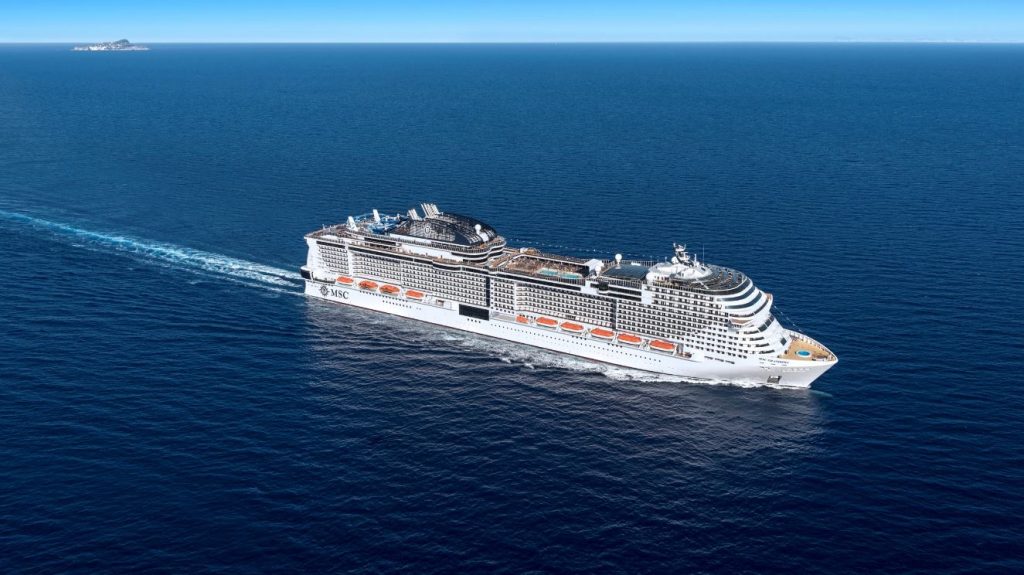The global maritime industry has recognised MSC Cruises’ long-standing sustainability efforts with the 2019 ‘Greenest Shipowner of the Year’ Neptune Award.

The accolade was presented to MSC Cruises at the Global Sustainable Shipping and Ports Forum in Copenhagen, Denmark. The award is given every year to a shipping company that has shown excellence in reducing the environmental impact of its fleet’s day-to-day operation by deploying cutting-edge technologies and practices, driving the maritime sector’s journey towards a sustainable future.
Pierfrancesco Vago, MSC Cruises’ Executive Chairman, commented, “I am particularly pleased that peers from across the overall shipping industry have recognised our long-standing and ongoing commitment to protect the environment in which we operate, with particular attention for the communities of the port cities that our ships call globally. Ours has been – and will continue to be – a facts-based journey of continuous improvement, focusing on minimising and continuously reducing the environmental footprint of our operations – both at sea and while ashore.
Having embarked on a journey of continuous improvement to reach a “zero impact” future, MSC Cruises is taking many initiatives to continue minimising its impact on the environment through the development and deployment of marine technologies to preserve and protect the environment across its fleet.
A major focus is on improving the quality of air emissions and 74 per cent of MSC Cruises’ passenger capacity is already covered by innovative hybrid exhaust gas cleaning systems. The entire fleet will be equipped by 2021.

MSC Cruises is also making a €5 billion investment in five LNG-powered ships that will enter service between 2022 and 2027. In addition, all its cruise ships launched from 2017 onwards can ‘plug in’ to the local power grid at port. The Company is prepared to install this technology on earlier ships as soon as shoreside power becomes more widely available at cruise ports.
MSC Cruises for more than 10 years has equipped its ships with advanced wastewater treatments systems that purify wastewater to near tap-water quality. All the ships in its fleet are equipped with modern systems to reduce, recycle and reuse solid waste. An extensive range of single-use plastic items on board have also been phased out.